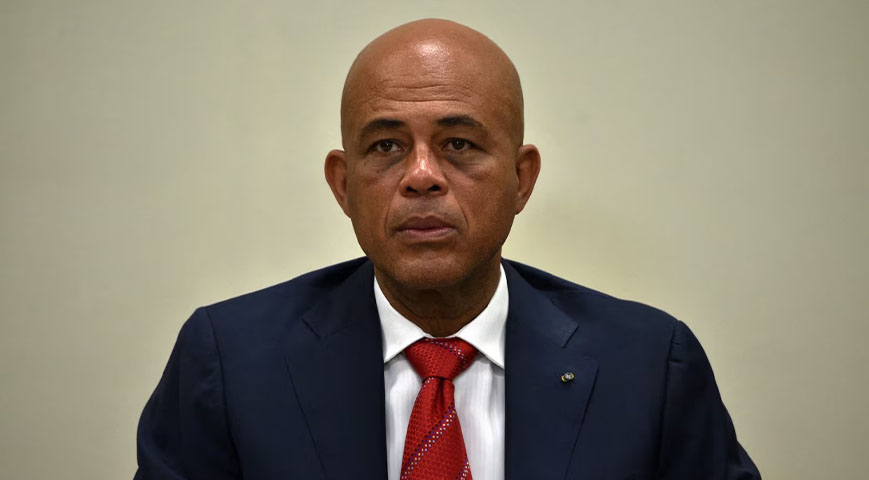The U.S. Treasury Department announced sanctions against former Haitian President Michel Martelly for his involvement in drug trafficking, including cocaine destined for the United States.
These actions align with previous sanctions imposed by Canada in 2022 against Martelly and two former prime ministers, accusing them of profiting from armed gangs.

Martelly, who transitioned from being a professional musician to serving as Haiti’s president from 2011 to 2016, allegedly exploited his political influence to facilitate drug trafficking.
The U.S. Treasury’s statement highlighted his role in laundering illicit drug proceeds, collaborating with local drug traffickers, and supporting several gangs based in Haiti. The statement emphasized how the rise in gang activity and human rights abuses in Haiti has created an environment conducive to drug trafficking.
Haiti, the poorest nation in the Americas, has been plagued by gang violence for years. Still, the situation deteriorated significantly in February when armed groups forced Prime Minister Ariel Henry to resign.
Currently, around 80 percent of the capital, Port-au-Prince, is under gang control, with residents facing severe threats, including murder, rape, and kidnapping for ransom.

In response to the escalating violence, hundreds of Kenyan police officers have been deployed to Haiti as part of an international effort to restore stability.
Bradley Smith, the Treasury's acting undersecretary for terrorism and financial intelligence, stated that Martelly and other corrupt political elites have significantly contributed to the ongoing crisis in Haiti.
The U.S. State Department’s deputy spokesperson, Vedant Patel, reiterated the U.S.’s commitment to holding accountable those who contribute to gang violence and destabilize Haiti’s political landscape, regardless of their status.









